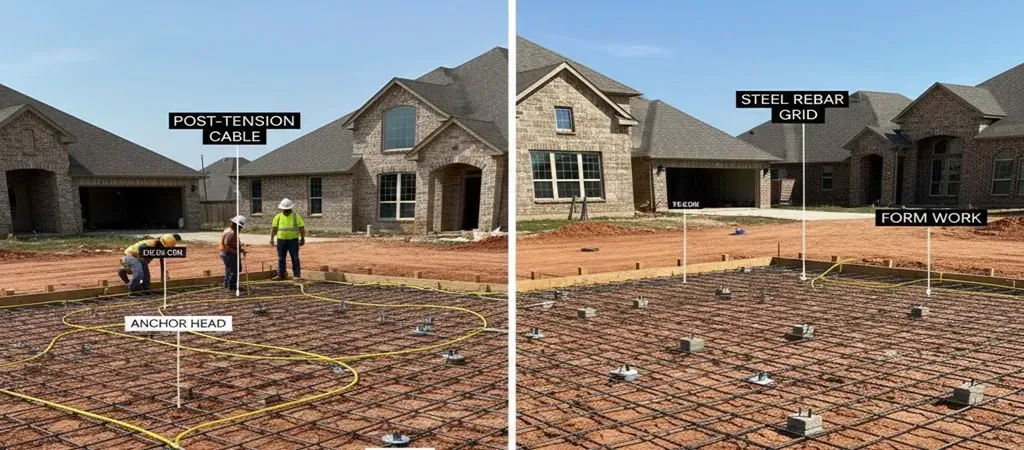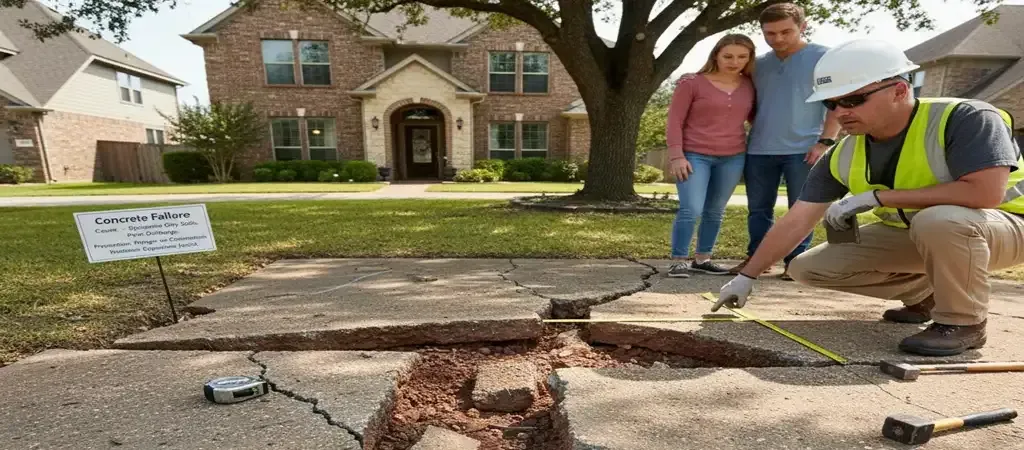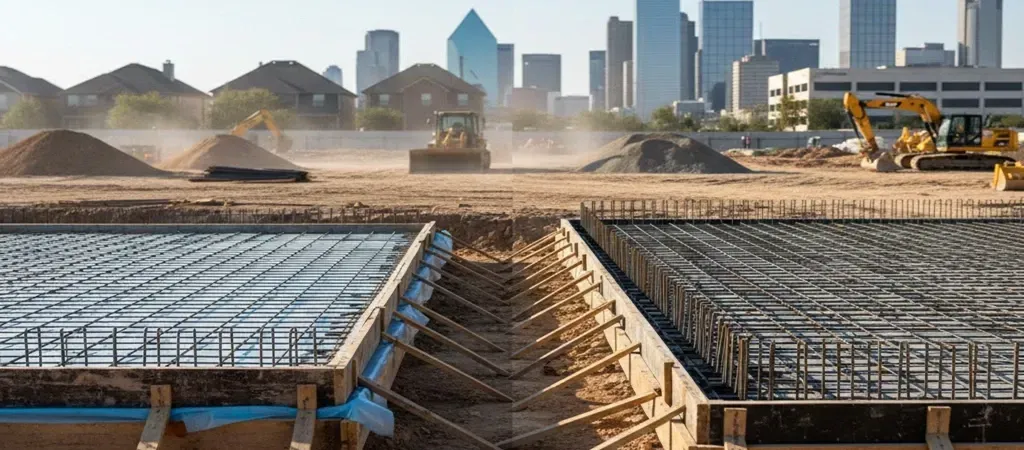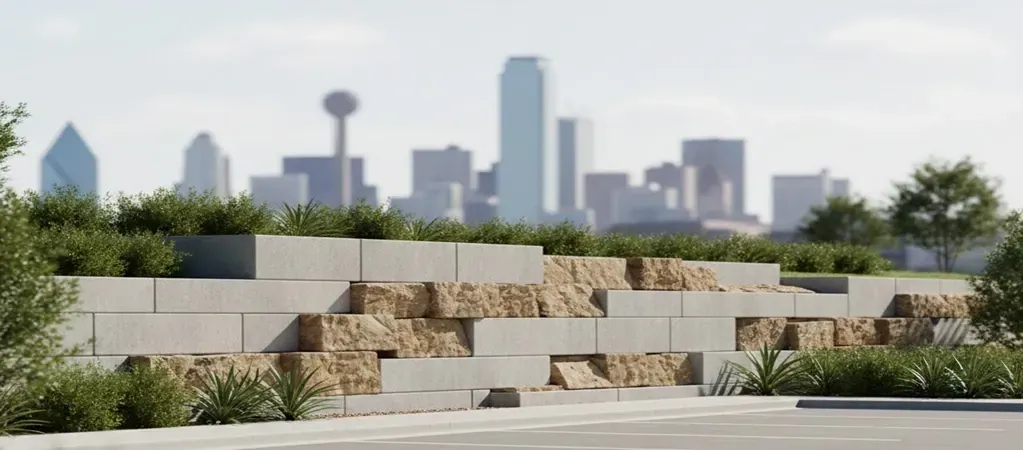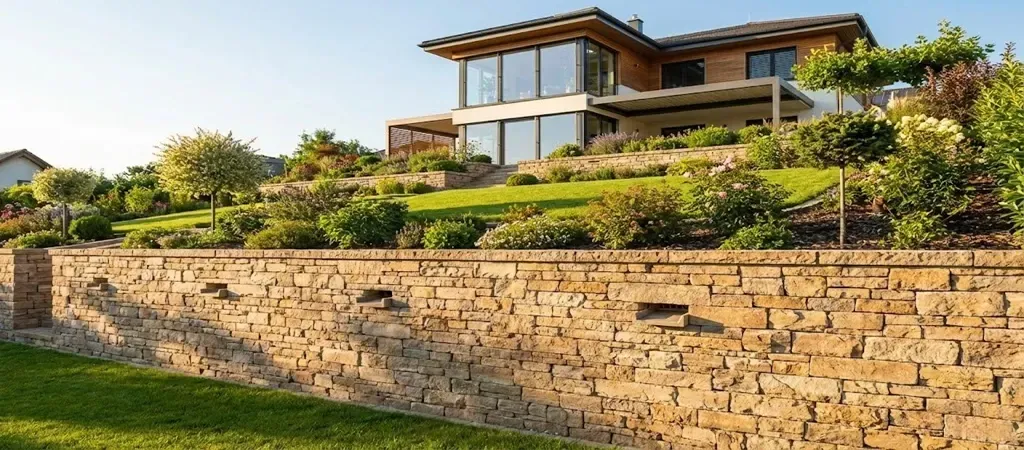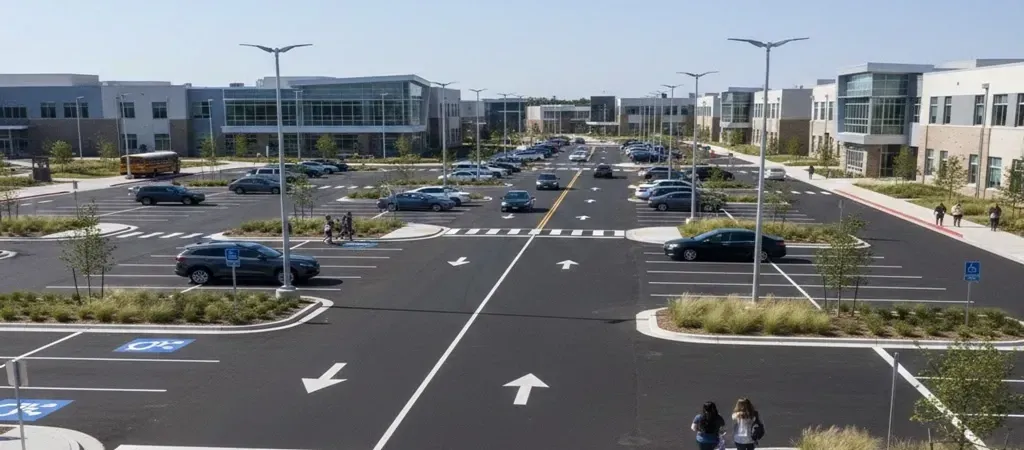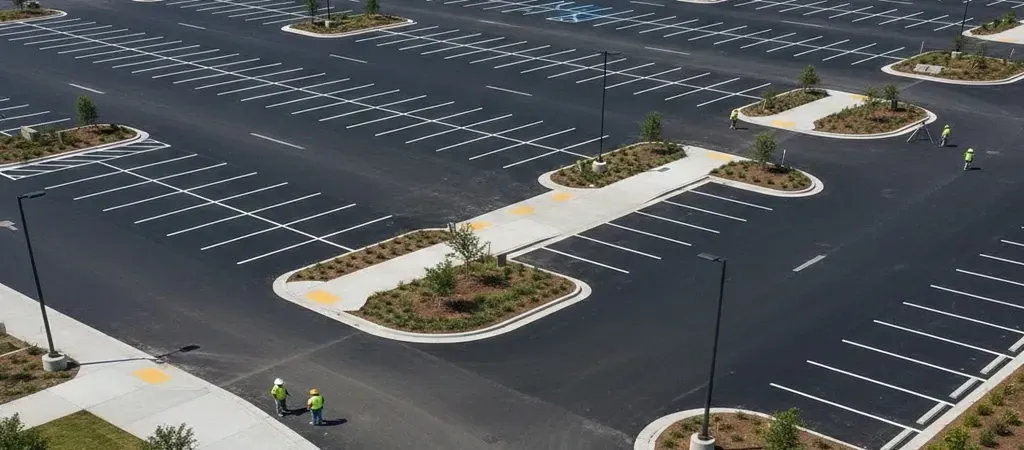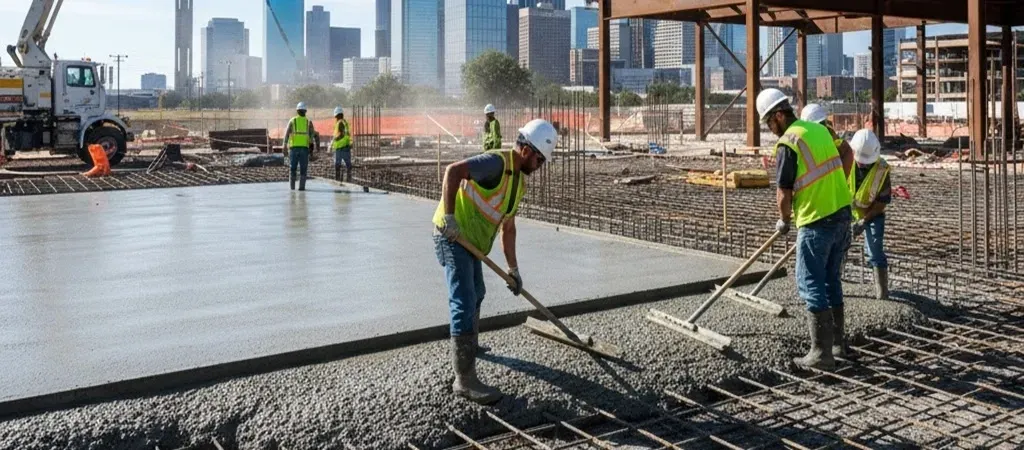The Impact of Alkali-Silica Reaction on Concrete Driveways in Dallas, TX and How to Prevent It
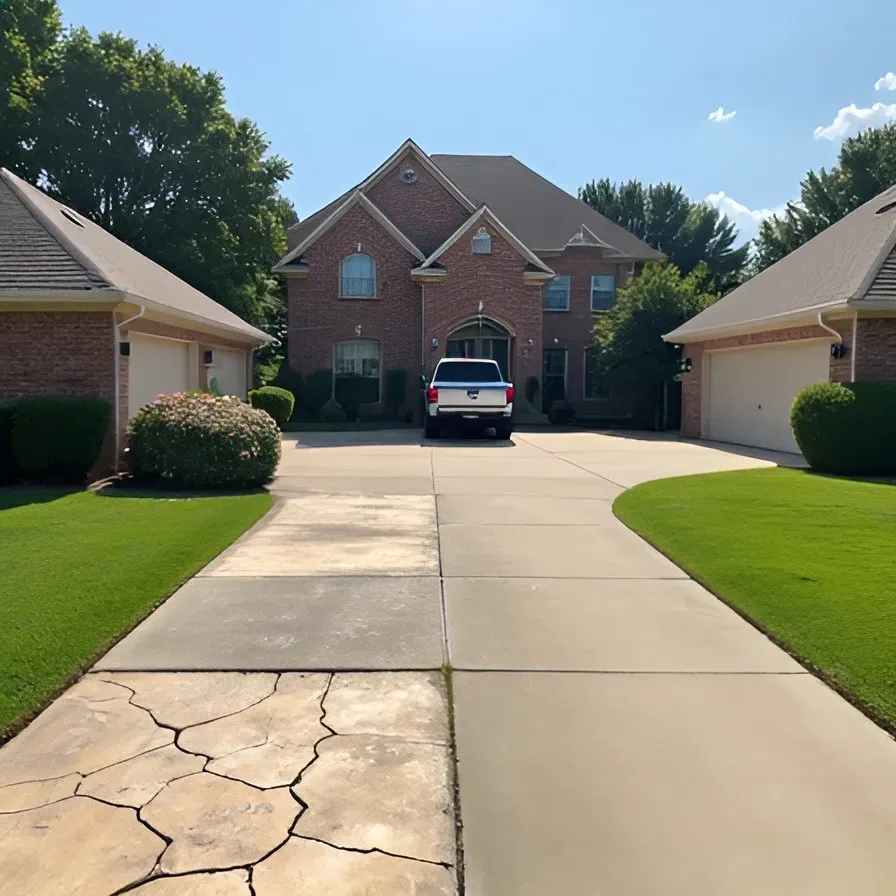
You might have heard many reasons why concrete cracks and deteriorates; whether due to shifting, spalling, substandard construction work, etc. In this article, we choose to tackle a topic that is quite technical and somewhat scientific, yet one of the most common culprits for making our concrete structure weak and unattractive. Alkali-Silica Reaction (ASR) is truly notorious. You can surely find this issue in many concrete driveways and other structures in Dallas when you look around. On the brighter side, Dallas Concrete Contractors driveway specialists are always staying ahead and taking all the necessary measures to mitigate this issue in every concrete work. Here are the important details you need to know about the alkali-silica reaction in clear terms.
What is the Alkali-Silica Reaction?
It is a gel-like structure that is a product of the chemical reaction of silica in rocks or aggregates with alkalis (sodium and potassium) that can be found in cement paste. When this gel-like structure appears in concrete, it expands by absorbing water, which leads to internal stress, cracks, and structural damage in concrete.
How Does Alkali-Silica Reaction Occur?
• Although not all, certain types of aggregates available in Dallas have reactive silica, which is often found in natural sources. The reactivity of silica in aggregates can vary depending on their mineral composition.
• On the other hand, alkalis are present in cement and can dissolve in the pore water of the concrete, which creates a highly alkaline environment.
• Alkali-silica reaction occurs when there is a high pH level in the area. Concrete pore water typically has a pH between 12 and 14, which is enough to dissolve the reactive silica in aggregates, causing it to react with the alkalis.
• Water is necessary to activate the gel formed during the reaction and make the ASR progress. Once the gel forms, it expands as it absorbs water, creating internal pressure and cracking in your concrete.
Why is ASR a Concern in Concrete Driveways?
Mainly, as the ASR gel expands, it results in cracking, which weakens your concrete driveway. This also decreases the load-bearing capacity of your driveway due to diminished structural integrity and reduced aesthetic appeal, as ASR may develop visible cracks and discoloration. These factors can lead to damage and costly repairs. That is why it is important to pay attention to this matter if you want your concrete driveway and other structures in Dallas to last long and serve their purpose for more years to come. For guidance on choosing the right materials and structure, check out these
must-know concrete mix tips.
What are the signs of ASR in your Driveway?
• Map-like or spider web cracking patterns on the concrete surface.
• A whitish or yellowish gel exudes from cracks.
• Discoloration, mottled, or uneven appearance of the concrete surface.
• Swelling or distortion due to internal pressure.
If you notice these signs in your driveway or any concrete structures in Dallas, reach out to Dallas Concrete Contractors immediately to prevent further damage and overall replacement.
How to Prevent/Avoid Alkali-Silica Reaction?
- Use non-reactive aggregates for your concrete as there are many options that you can choose for your driveway. You can ask your driveway contractor about this matter.
- Incorporating Supplementary Cementitious Materials like fly ash, silica fume, or slag can help lower the concrete’s pH and suppress alkali-silica reaction.
- You can choose cements that contain low alkali which limits the available alkali to react with silica.
- Adding ASR-inhibiting admixtures can help reduce reactivity.
- Since water plays a significant role in ASR, proper drainage and moisture barriers can help minimize water exposure.
How to Repair/Mitigate ASR-Damaged Concrete?
If your concrete driveway is already suffering due to ASR, here are several repair and mitigation options you can consider:
Surface Treatments
Sealing and coating your driveway can help reduce water ingress and slow down the process of ASR. Not sealing and coating can worsen ASR in your Dallas concrete—that is why proper site preparation and sealing your concrete driveway is a part of the construction process and maintenance to prevent these kinds of damages.
Crack Injection
Injecting epoxy or polyurethane into your concrete can cure the cracks and restore its structural integrity. Ensure that all gaps are injected properly to achieve the best results.
Overlay Systems
Placing an overlay can also help protect your damaged concrete for up to 10 to 15 years and improve its Placing an overlay can also help protect your damaged concrete for up to 10 to 15 years and improve its appearance. If you're planning a fresh installation, consider this helpful guide for installing a basic Dallas concrete driveway.
Concrete Replacement
In some cases, replacing the affected concrete may be the best option to get the best results and avoid band-aid solutions.
Final Thoughts
The Alkali-silica reaction is not new in the construction industry. In fact, driveway builders in Dallas have already been dealing with this for a long time. Therefore, there is no need to worry about this matter as professional driveway contractors in Dallas understand how to prevent and mitigate this issue.
If you're looking to extend the life of your driveway further, read these
expert tips to strengthen the durability of your Dallas concrete driveways.
However, this is still an important topic to discuss as it is one of the reasons why your concrete driveway in Dallas cracks.
If you need further assistance or you have concrete questions that require solid answers, feel free to message Dallas Concrete Contractors today!
